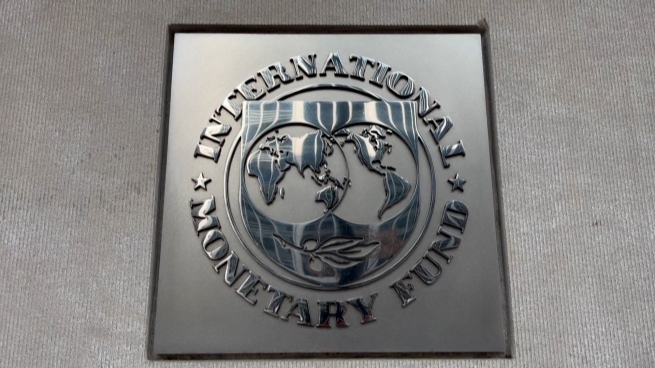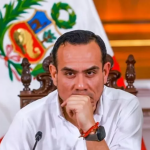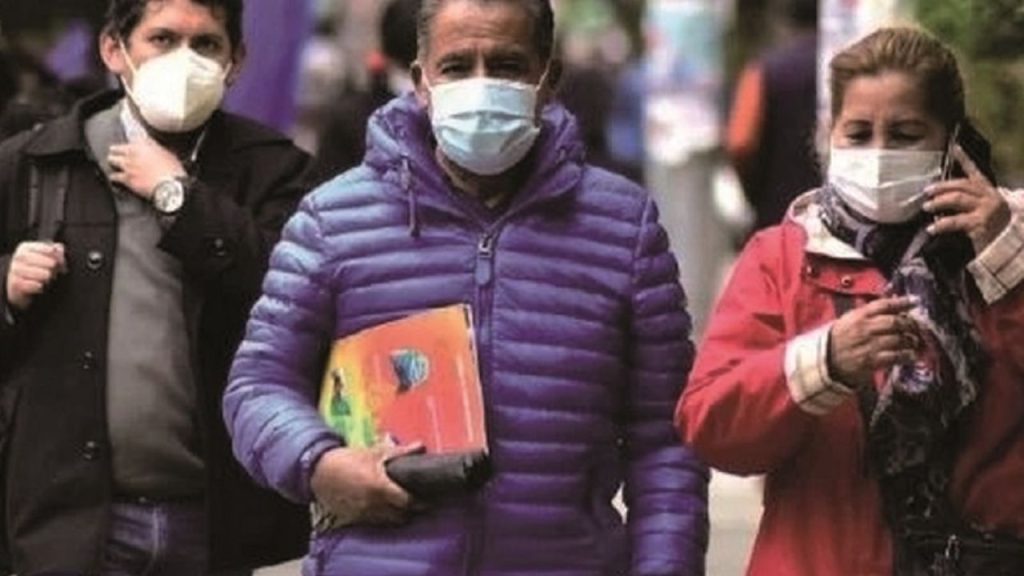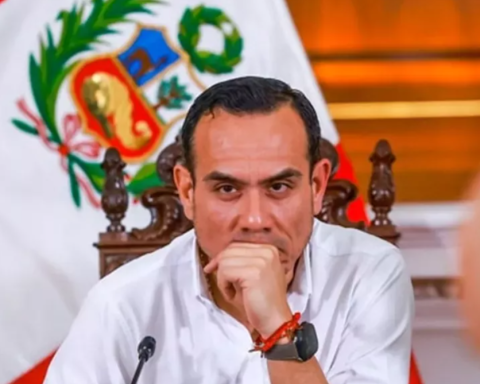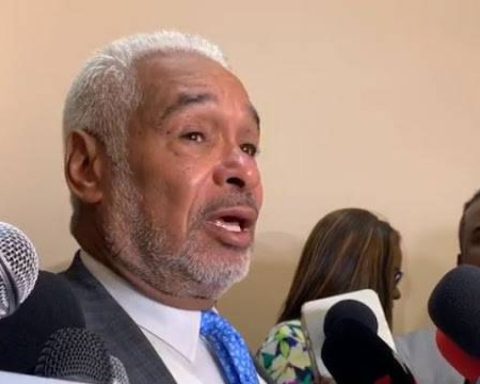The Chinese government promised to study projects to channel special drawing rights (SDR) of International Monetary Fund (IMF) and expansion of its use, proposed by the Argentine government, and both countries agreed on the need for the international organization “conduct a review of your surcharge policy”.
“The Chinese side is willing to study with the Argentine side and other parties projects to channel special drawing rights (SDR) from the International Monetary Fund (IMF) and to expand the use of SDRs, in order to strengthen economic development, financial stability and bilateral trade,” says the joint statement signed between the governments of Argentina and China.
The text was released at the end of the bilateral meeting between the president Alberto Fernandez and his chinese pair Xi Jinpingat the Great Hall of the People, in Beijing, within the framework of the international tour carried out by the Argentine president through Russia, China and then Barbados.
“The Chinese side firmly supports the efforts of the Argentine side to preserve the economic and financial stability of the country.”highlights the statement, within the framework of the agreement that the Argentine government has just closed with the IMF to renegotiate the debt contracted during the government of Mauricio Macri.
The official text indicates that both parties “highlighted the SWAP Agreement renewal between the People’s Bank of China and the Central Bank of the Argentine Republic in 2020, which played an important role in maintaining Argentina’s financial stability”.
It was also reported that both governments “will continue to strengthen the cooperation of SWAP of currencies in order to encourage greater use of national currencies in trade and investment and make it easier for companies from both countries to lower costs and reduce exchange risk”.
Meanwhile, the two governments pledged to create a good policy framework to promote the use of national currencies, and will support China’s Renminbi (RMB) settlement bank in Argentina to play a greater role.
On the other hand, Argentina and China agreed on the importance of the G-20 as a “prominent forum for international economic cooperation” and agreed to continue working in areas of common interest, such as health, finance and trade.
The presidents also highlighted their coincidences in the “strengthening of communication in the financial channel of the G-20 on issues of great relevance to promote a sustainable and balanced economic recovery in the face of the Covid-19 crisis, reinforcing coordination to end the pandemic as soon as possible.
Finally, the Argentine and Chinese governments underlined the importance of “strengthening communication to improve the functioning of the international financial architecture in matters such as the redistribution of the IMF’s new general allocation of SDRs and stated the need for the agency to carry out a review of its surcharge policy”.
In addition, both parties agreed on the “relevance of having a robust global financial safety net (GFSN) with a reasonable distribution of quotas in the IMF.”
